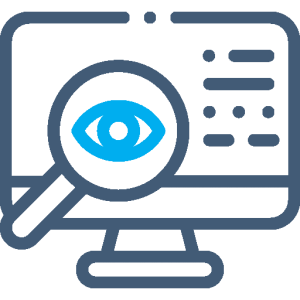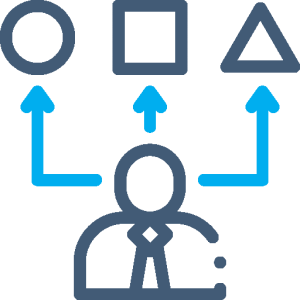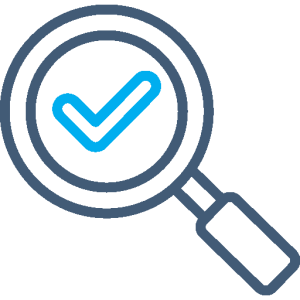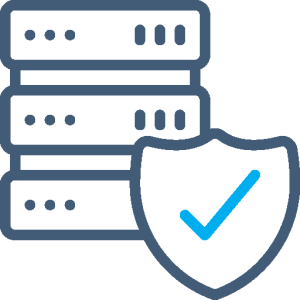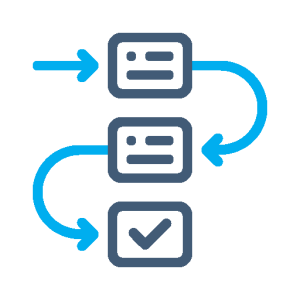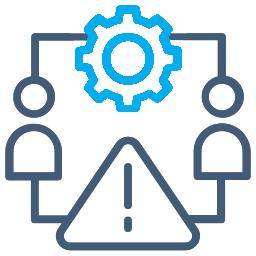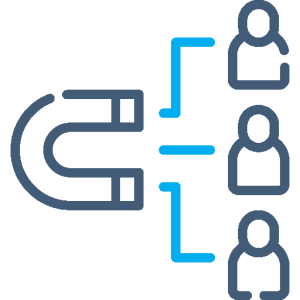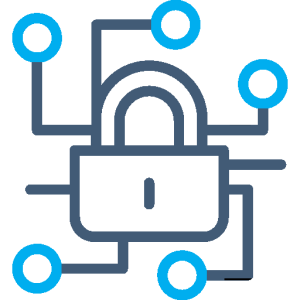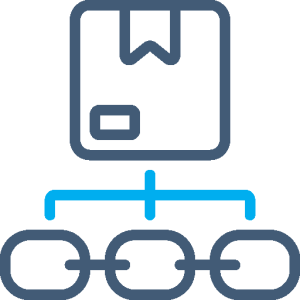The National Institute of Standards and Technology (NIST) develops cybersecurity standards to help government agencies and private organizations develop and implement effective cybersecurity programs. The guidelines and best practices in NIST cybersecurity standards are highly regarded and NIST compliance will meet the security standards that may be required to land new business. Complying with a NIST framework is especially vital for organizations seeking land contracts with federal agencies, including the Department of Defense. Meeting NIST standards can serve as the foundation for achieving compliance with other standards such as FISMA, HIPAA, GDPR, GLBA, FedRAMP, and PCI DSS.
CompliancePoint has a team of experienced cybersecurity professionals that can put your organization on the path to compliance with various NIST standards including NIST CSF, NIST 800-53, and NIST 800-171. Let CompliancePoint handle your NIST and cybersecurity needs so you can focus on running your business.
Our Approach
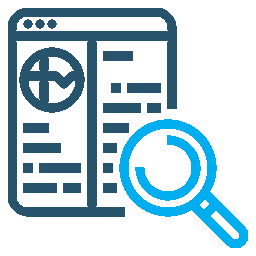
Identify
Readiness Assessment
Determine your compliance requirements and analyze your maturity against the appropriate NIST framework to identify gaps that must be remediated to meet the requirements. Establish a corrective action plan and prioritize your remediation efforts.
Mitigate
Program Design & Implementation
Leverage the depth and breadth of our experience to design and implement an information security program that minimizes risk and aligns with your NIST objectives.
Manage
Program Management
Speak with an Expert
Our Focus
Our NIST services are designed to help your organization achieve and maintain compliance with whichever NIST standard is the best fit. CompliancePoint will work with you to meet the requirements of all NIST control families.
Access Control
Audit & Accountability
Awareness & Training
Assessment, Authorization, & Monitoring
Configuration Management
Contingency Planning
Identification & Authentication
Incident Response
Maintenance
Media Protection
Physical & Environment Protection
Planning
Program Management
Personnel Security
PII Transferring & Transparency
Risk Assessment
Systems & Services Acquisition
Systems & Communications Protection
System & Information Integrity
Supply Chain Risk Management
Our Benefits
Objective & knowledgeable assessments
Proven techniques and strategies
Cost savings
No personnel certification costs
Target high-priority tasks
Access to cutting-edge tools & technology
No turnover
Security awareness training
Institutionalize your security processes
Control design & automation
Objective & knowledgeable assessments
Proven techniques and strategies
Cost savings
No personnel certification costs
Target high-priority tasks
Access to cutting-edge tools & technology
No turnover
Security awareness training
Institutionalize your security processes
Control design & automation
Get started with NIST compliance
Learn More About NIST Cybersecurity Frameworks
NIST has a collection of frameworks dedicated to improving cybersecurity and information security. Here is more information on some of the more prominent NIST cybersecurity standards CompliancePoint has expertise with.
NIST Cybersecurity Framework
The NIST CSF is a voluntary framework comprised of risk-based guidelines that were crafted using well-established cybersecurity practices. It is a proven framework for helping small and medium-sized businesses and organizations defend against cyber threats.
NIST CSF is broken down into six framework functions, each function contains a set of categories and subcategories.
Identify: Understand and manage cybersecurity risks to systems, assets, data, and capabilities.
Protect: Implement safeguards to ensure the delivery of critical services and the protection of sensitive information.
Detect: Identify and react to cybersecurity events quickly.
Respond: Develop and implement actions to take following a detected cybersecurity incident.
Recover: Develop and implement plans to restore services and capabilities damaged in a cybersecurity event.
Govern: Align cybersecurity policies, procedures, and controls with the organization’s objectives, risk appetite, and regulatory requirements.
The NIST CSF will continue to evolve to account for new cyber threats, technologies, and processes. The framework leverages a continuous compliance strategy, which many organizations find more effective and efficient than one-off audits.
NIST 800-53
NIST 800-53 is a set of detailed security controls designed to help organizations defend their data and information systems against cyber-attacks and data breaches. The 800-53 requirements are considered best practices for organizations looking to secure contracts with federal agencies. The framework is the foundation for the Federal Information Security Modernization Act (FISMA) and Federal Information Processing Standards (FIPS).
NIST 800-53 controls can be customized to address an organization’s specific needs. There are more than 1,000 individual controls that are grouped into the following twenty control families:
- Access Control
- Awareness and Training
- Audit and Accountability
- Assessment, Authorization, and Monitoring
- Configuration Management
- Contingency Planning
- Identification and Authentication
- Incident Response
- Maintenance
- Media Protection
- Physical and Environmental Protection
- Planning
- Program Management
- Personnel Security
- Personally Identifiable Information (PII) Processing and Transparency
- Risk Assessment
- System and Services Acquisition
- System and Communications Protection
- System and Information Integrity
- Supply Chain Risk Management
The controls are grouped into low, moderate, or high-security impact. Organizations need to identify the appropriate security impact using a process regulated by FIPS 199.
NIST 800-171
NIST 800-171 is a collection of requirements specific for non-federal computer systems to follow to protect Controlled Unclassified Information (CUI) stored, processed, or transmitted throughout the system. CUI is information that does not carry classified status but needs to be safeguarded due to government policies and laws or ordinances. NIST 800-171 compliance is the foundation for CMMC certification and is a requirement for organizations that handle CUI to secure federal contracts.
NIST 800-171 consists of the following 14 control domains that contain 110 security requirements:
- Access Control
- Awareness & Training
- Audit & Accountability
- Configuration Management
- Identification & Authentication
- Incident Response
- Maintenance
- Media Protection
- Personnel Security
- Physical Protection
- Risk Assessment
- Security Assessment
- System & Communications Protection
- System & Information Integrity
Organizations need to self-assess against the 110 requirements. Those with DoD contracts will use a point-based system to demonstrate compliance.

10 Billion+
Records Audited

150+
Cases as an
Expert Witness

2,500+
Companies Served

+86
Net Promoter Score - Our Customers Love Us!



